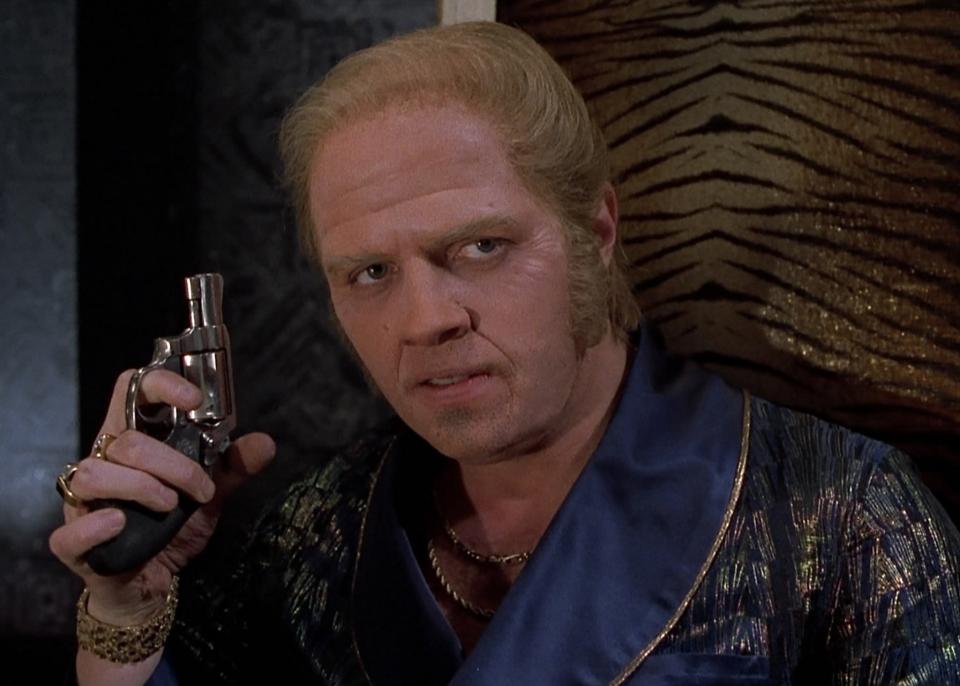Michael J. Fox: Donald Trump has played on 'every worst instinct in mankind - Biff is president!'
Michael J. Fox has already shot down speculation that Alex P. Keaton, his Republican alter ego from the popular 1980s sitcom Family Ties, would today be a President Donald Trump supporter, recently insisting on The View would have preferred George Bush and Mitt Romney.
The fictional Keaton isn’t the only one who doesn’t “think much” of the president, according to a new interview Fox has given to the Guardian.
“Every worst instinct in mankind has been played on [by Trump], and for me that’s just anathema,” Fox tells reporter Hadley Freeman, adding, in a reference to his antagonist in the Back to the Future films, “Biff is president!”
Indeed, Back to the Future Part II screenwriter Bob Gale confirmed in 2015 that Trump, then best known as a real estate magnate, inspired bully Biff Tannen’s wheeler-dealer businessman portrayal in the 1989 sequel. But Fox hinted at more personal reasons for disliking the current president.

Fox, who was diagnosed with Parkinson’s disease at age 29 and has experienced significant losses to his mobility and balance in the three decades since, didn’t hold back when Freeman asked how he felt seeing Trump appear to mock New York Times reporter Serge Kovaleski — who has a disability called arthrogryposis which causes a joint contracture in his right arm and hand — on the campaign trail in 2015. (Trump has denied that he was mocking Kovaleski by bending his wrist and flailing his arm.)
Read more: Michael J. Fox says Princess Diana made the Back to the Future premiere a ‘nightmare’
“When you see your particular group mocked, it’s such a gut punch,” Fox, now 59, responded. ‘It’s so senseless and cheap. There’s no way I get up in the morning and mock orange people,” he added, flashing a grin.
Fox details his health battle in his latest memoir, No Time Like the Future: An Optimist Considers Mortality. Speaking to Freeman, he shared some of the physical challenges he now faces, including being unable to write or type, and occasionally needing a wheelchair as “every step is now like a frigging math problem,” as he put it.
“Parkinson’s is harder for the people around me than it is on me,” he said. “The wide variety of movement, from being frozen to careening down the street like a pinball, yeah, that’s hard. But in terms of my feelings about the progress of it, that’s just my situation.”

 Yahoo Movies
Yahoo Movies 

